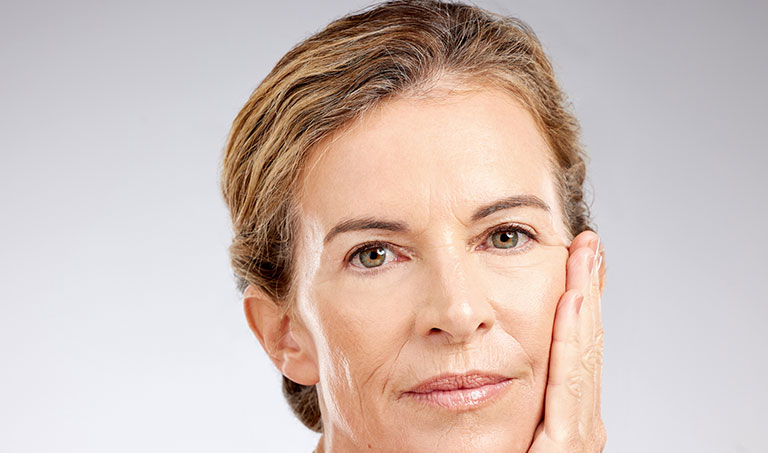Hysterectomy, the surgical removal of the uterus, can have profound effects on a woman’s body. Among these, the phenomenon of accelerated aging has garnered attention from the medical community. This article tackles what scientific studies have uncovered about rapid aging after hysterectomy.
Understanding Hysterectomy
A hysterectomy can be a life-changing procedure for many women, addressing conditions such as uterine fibroids, endometriosis, and cancer. However, it is not without its long-term implications. The removal of the uterus, and sometimes the ovaries, affects hormonal balance, which can lead to various symptoms and conditions traditionally associated with aging.
The Role of Estrogen
Estrogen plays a pivotal role in maintaining various functions in a woman’s body, including bone density, skin elasticity, and cardiovascular health. When the ovaries are removed during a hysterectomy, estrogen production drops sharply. This sudden hormonal change can lead to symptoms such as osteoporosis, skin changes, and an increased risk of heart disease.
Scientific Studies on Aging and Hysterectomy
Recent studies have shed light on the connection between hysterectomy and accelerated aging. One significant finding is the link between the procedure and an increased risk of cardiovascular diseases, cognitive decline, and bone density loss. These risks appear to be more pronounced in women who undergo hysterectomy before menopause, particularly when the ovaries are also removed.
Impact on Life Expectancy
Research has explored the long-term health outcomes for women who have undergone a hysterectomy. A comprehensive study found that women who had both ovaries removed before the age of 50 had a higher risk of developing age-related diseases and a slightly shorter life expectancy compared to those who retained at least one ovary. This highlights the critical role of hormones in a woman’s health and longevity.
Preventing Rapid Aging After Hysterectomy
The key to mitigating the effects of rapid aging post-hysterectomy lies in hormone replacement therapy (HRT) and lifestyle modifications. HRT can help replenish the hormones lost after the surgery, while a balanced diet, regular exercise, and skin care can support overall health and well-being. It is essential for women to have a comprehensive health plan in place after undergoing a hysterectomy.
The Role of Personalized Medicine
Personalized medicine has become a cornerstone in managing the aftereffects of hysterectomy. By tailoring treatment plans to the individual’s specific needs, healthcare providers can effectively address the symptoms of rapid aging. This approach includes monitoring hormone levels, nutritional counseling, and physical therapy.
Personalized Care Offers Hope
While hysterectomy can have lasting effects on a woman’s health, advances in medicine and personalized care approaches offer hope. By understanding the risks and taking proactive steps to mitigate them, women can lead healthy, vibrant lives after surgery.
Optimal Health and Anti-Aging Treatments
For women with concerns about aging, especially following a significant procedure like hysterectomy, Optimal Health has the necessary resources to guide you through your health journey. Our clinic in specializes in cutting-edge anti-aging treatments that are designed to address the root causes of rapid aging after hysterectomy.
From hormone replacement therapy to lifestyle interventions, our team of experts is dedicated to helping you maintain your vitality and well-being. Discover how we can support your journey to optimal health by learning more about our anti-aging treatments.

